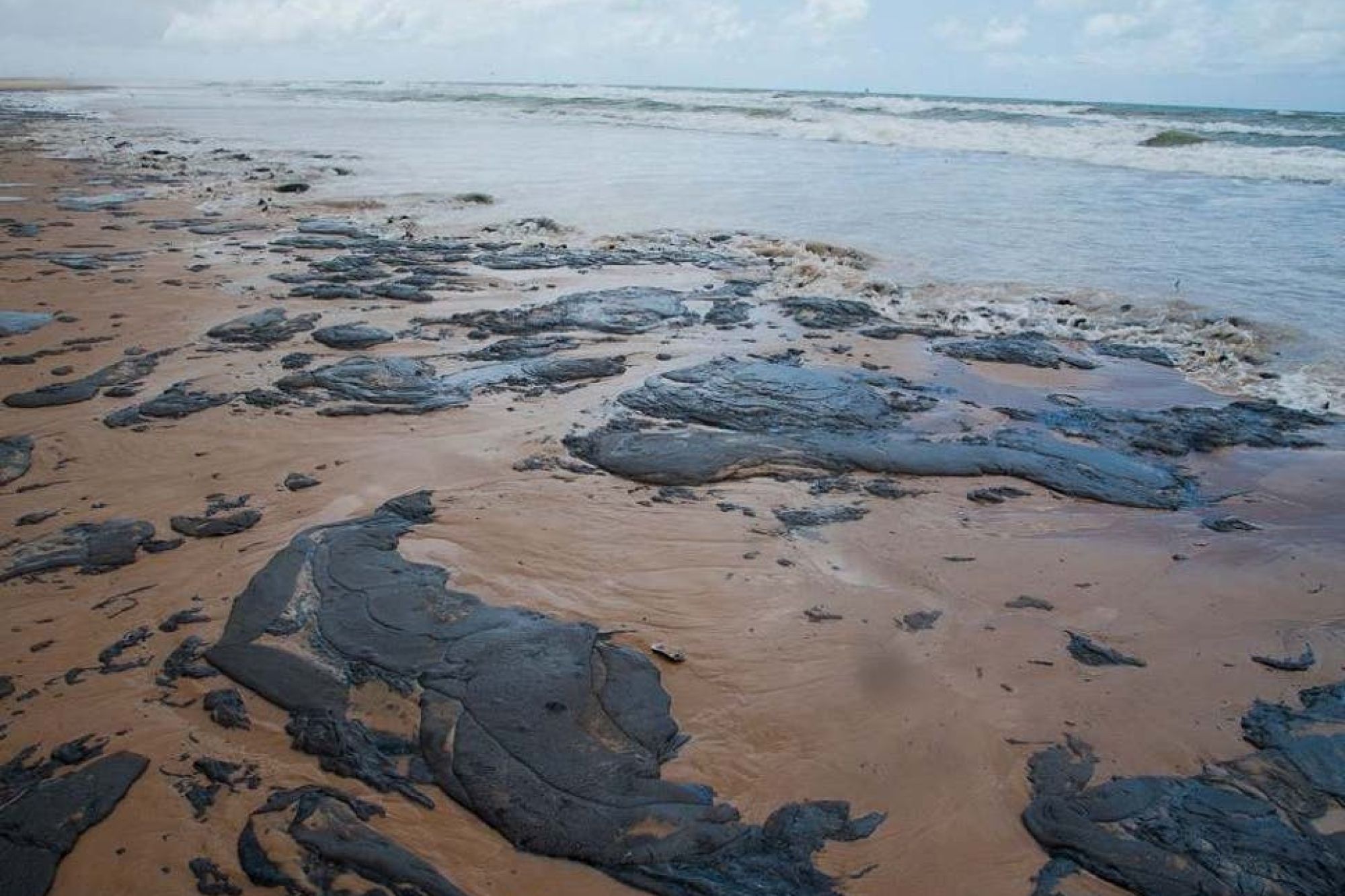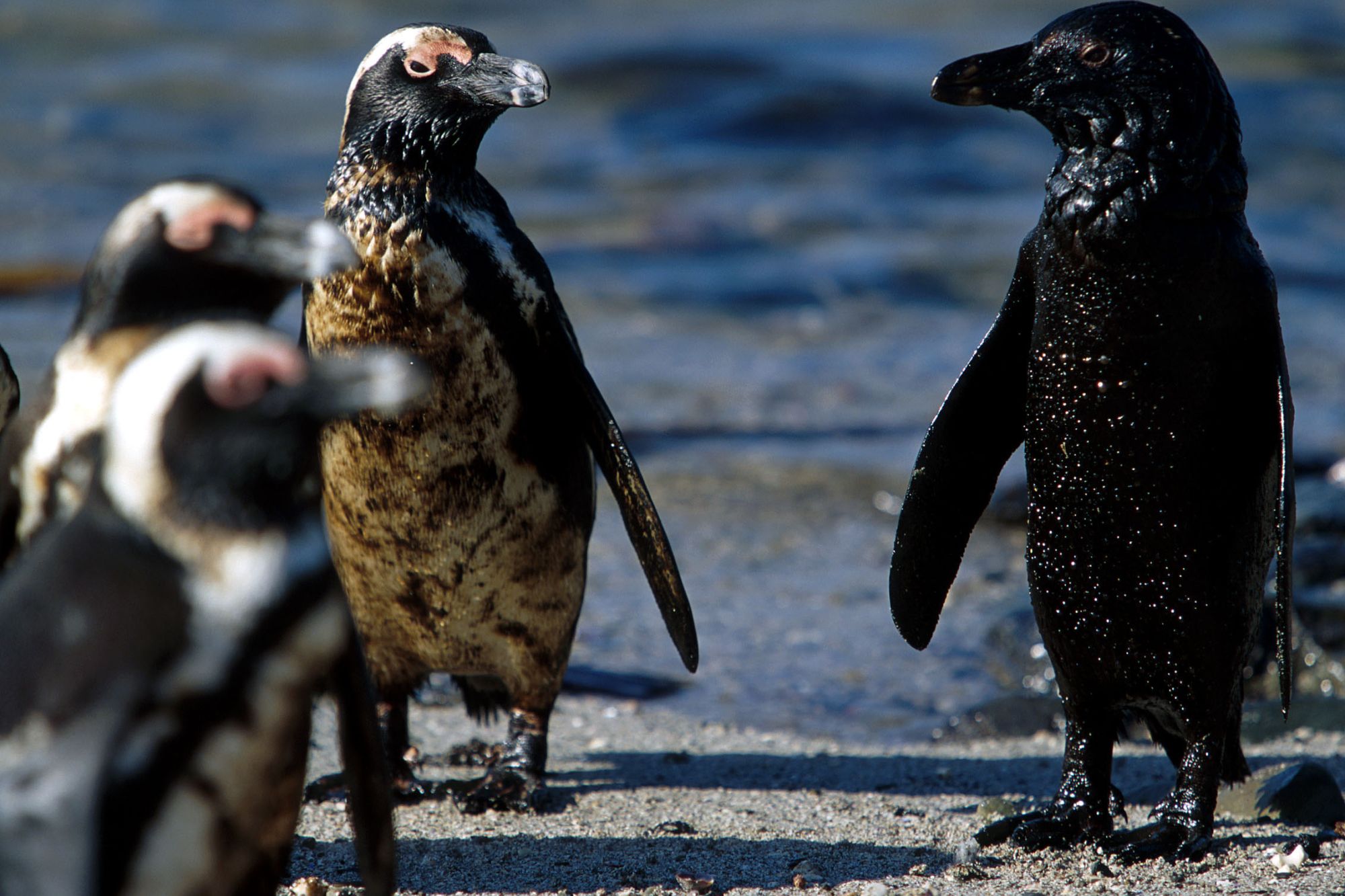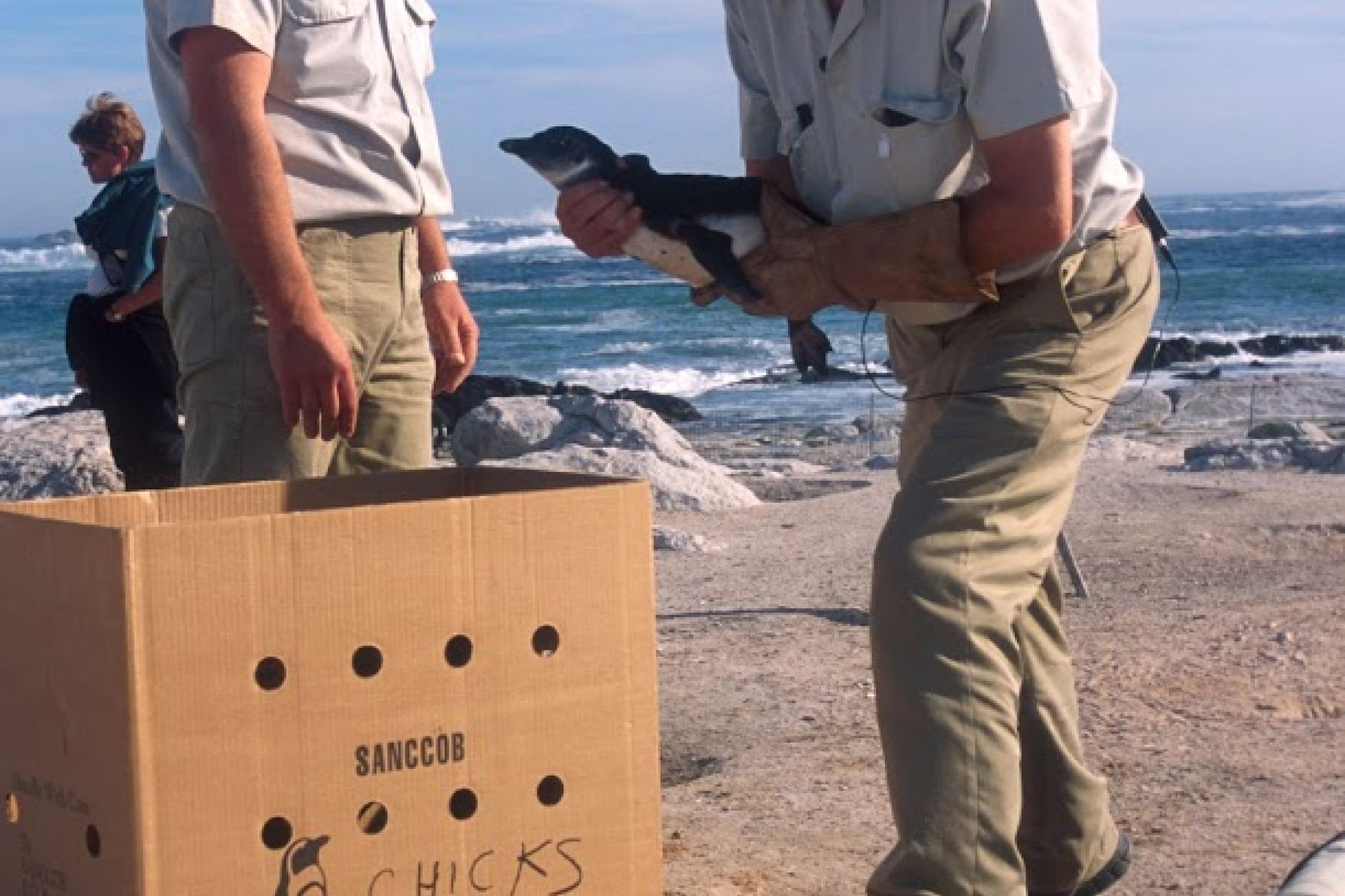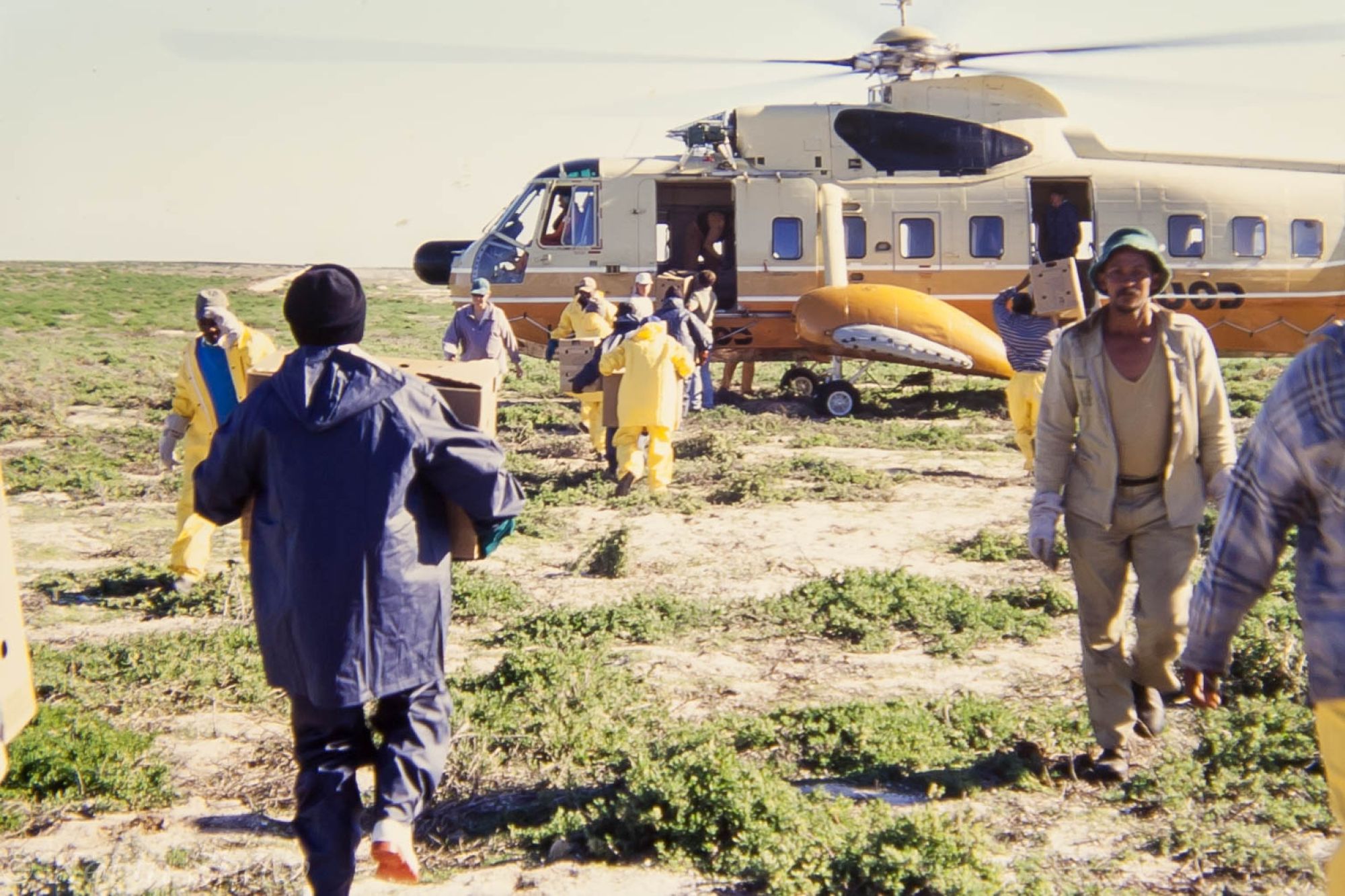
Sinking of the MV Treasure - marking South Africa's worst environmental disaster
By Kevin Shaw, Team Leader: Ecology | Biodiversity Intelligence
The 23rd of June 2020 marks the 20th anniversary of the sinking of the MV Treasure between Robben and Dassen Island. The Treasure was a bulk ore iron carrier that had suffered structural damage in storms and when it sank on the morning of the 23rd it leaked about 400 tons of bunker oil into the sea. This oil spill was and is to date South Africa’s worst environmental disaster.

Nearly 19000 (20% of the total population) African Penguins were oiled and had to be caught, transported to various cleaning stations, cleaned and fed and cared for until they were ready to be released back into the sea.

A huge warehouse in Cape Town was fitted out with the necessary equipment and portable pools as the rehabilitation centre did not have the capacity to cater for all the penguins. Volunteers from all over the world flocked to assist with the operation. In a first for the world it was decided to also remove un-oiled penguins from the two islands. The resources to clean oiled birds were strained and on the islands preventing of un-oiled birds going to forage at sea using barriers could not go on indefinitely. Just under 20 000 un-oiled Penguins were caught and removed from the two islands, placed in boxes (3 in a box) and transported to Port Elizabeth in cattle trucks, where they were released at Cape Recife.

This site was chosen as there were penguins in the area, therefore food for the birds; there was expertise in the area to oversee the release of the birds; and the journey to Port Elizabeth was deemed to be short enough to not over duly stress the birds. Three birds (2 males and one female) dubbed Pamela, Peter and Percy were fitted with satellite tracking devices before they were released at Cape Recife.

People from around the world could track their progress via the web as they made their way back to their respective islands. The birds took about a week to return to their home sites, providing enough time for teams to clean up the oil. In addition to the three birds fitted with satellite tracking devices several thousand birds (both oiled and un-oiled birds) were fitted with uniquely coded stainless steel flipper bands, enabling scientists to track the birds for many years to come and establish long term effects of oiling on Penguins.
The total mortality of African Penguins as a result of this oiling was about 2000 adult and immature birds and about 4350 chicks. Percentage wise this was less than the 50% of African Penguins that died during the sinking of the Apollo Sea in 1994, even though the latter was a smaller spill. This can be attributed to a number of reasons, but the most influential was the removal of un-oiled birds from the islands and the fast evacuation and treatment of oiled birds.
Small numbers (less than 30 for each species) of other sea bird species were also submitted to the rehabilitation centres, but the survival rates of these species were in the vicinity of 50%
Unfortunately 20 years later the African Penguin population, despite numerous conservation efforts, still continues to decline due to human impacts on the species. Today there are fewer penguins left than the numbers that were removed from Robben and Dassen Island during the Treasure oil spill. Concerted effort is required to prevent the species from becoming extinct and nullify the effort of thousands of volunteers that spent days rescuing, cleaning, feeding, caring of African Penguins during the oils spill and the weeks thereafter.




